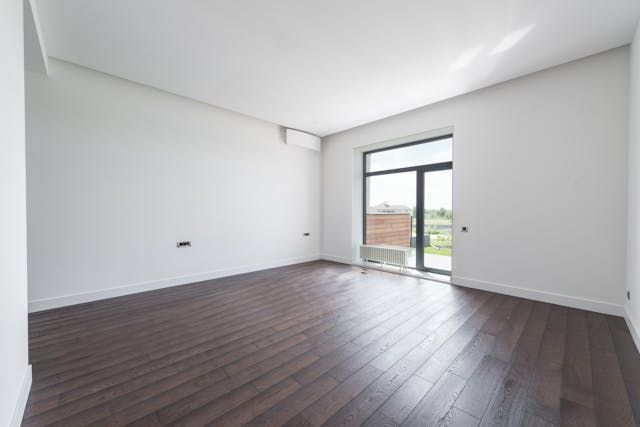Benefits of Installing Smart Systems in Rentals
The emergence of smart home technology has brought about a remarkable transformation in the rental industry. It has introduced cutting-edge systems that can elevate the rental experience, both for tenants and the property owners.
Some benefits that smart gadgets and devices provide:
For Tenants
Convenience:
Smart devices provide tenants with enhanced comfort and control over their living space. With voice commands or smartphone apps, tenants can make real-time adjustments to various features of their homes. For instance, they can use voice commands or their smartphone to communicate with their smart thermostat, instructing it to increase/decrease the temperature to their preferred level. Similarly, tenants can lock and unlock their doors remotely, enhancing convenience.
Energy Efficiency:
Smart devices not only make life more convenient but also promote energy efficiency. For example, smart thermostats optimize energy usage by learning tenant preferences over time. This translates into tangible cost savings on energy bills.
Enhanced Security:
Smart devices excel in providing enhanced security features. Smart locks and cameras, provide tenants with an increased level of security. The smart systems are designed to quickly generate alerts in the event of unauthorized intrusion or forced entry into the premises. This proactive capability ensures that residents experience a vigilant and secure living environment.
For Property Owners:
Increased Property Value:
Equipping rental properties with smart devices can positively influence their market value. Modern tenants often prefer rental properties that provide smart features. By offering an elevated living experience, property owners can command higher rental rates and gain a competitive edge in the rental market.
Ease Of Property Management:
Smart devices provide property owners an efficient means of remotely manage their properties, improving overall operational efficiency and property supervision. These devices provide property owners with the ability to monitor common areas, get real-time utility consumption data and remotely control the security systems. Through the use of smart devices and cameras, property owners can also ensure that tenants adhere to the terms of the rental agreement, such as parking usage and garbage disposal.
Reduced Maintenance Costs:
Smart devices contribute to a reduction in maintenance costs by providing real-time notifications. For example, smart water leak detectors can identify water leaks and immediately notify property owners. This enables property owners to respond promptly, dealing with the problem and minimizing potential water damage and costly repairs.
Hunter Rentals & Sales provides property management and sales services across Central Texas. Our team helps property owners manage their rental properties efficiently. For more information, contact us at 1503 W Stan Schlueter Loop, Killeen, TX 76549, or give us a call at 254-634-3311. You can also browse our website –
www.hunterrentals.com







